-
Posts
26,451 -
Joined
-
Last visited
-
Days Won
82
Posts posted by KKtrips
-
-

The DynaSar will be NA (probably).
So must have
- dual sensitive in the front outer
- lap in the front middle
- dual or single sensitive in the rear outer
- lap, static, dual sensitive or single sensitive in the rear middle
edit - sorry I thought you were asking a question about what type of belt you had to fit.-
 2
2
-
-
8 hours ago, Bling said:
You may have already tried this, but you might be able to sweet talk the LVVTA to provide you the photos / some documentation to keep in the glovebox. Worth asking anyway. KKtrips would know.
Cannot do. Photos and paperwork is the property of NZTA. Can provide a copy of the cover page only. Which you should have anyway. Though the information on the cover page will only explain the abbreviations on the cert plate.
-
 3
3
-
-
12 hours ago, Transom said:
I see there being a great market in bootleg lvv discs that QR code link to a hacked page showing sick modified car as all legal occifer...
No different to people faking plates/declarations as they do now. Expect a trip to court wnen you get caught.
This has been thought of and there is a mitigation in place. Not sure if it is my place to say though.
Also people will be able to access the info without an RFID scanner. You will require 2 codes to be entered manually in place of an RFID scan. It won't be a number plate as one because they change.
-
- Popular Post
- Popular Post
Progress, all the last bits and pieces came together tonight. Ended up hard-tailing the ass end cos tyre guard clearance might be an issue with my fat ass..
Tasks left, need to true the front wheel cos it is a little wobbly and the tyre is so wide that it rubs a little bit on the inside of the fork legs. But not so bad it will be a major issue.
Also need to get a little bit of tube to finish hardtailing the rear end.
Got it on the ground and running, put it in gear and rode it under its own power about 2 metres but to go riding required outside moving cars and it was dark so no go tonight - still going to call the small move under its own power a victory.
Oh yeah - the idle note is the perfect pop pop pop pop pop with a healthy rasp when I give it a twist.



-
 19
19
-
1 hour ago, Benno said:
I have heard good reviews for kilmat, purchased from amazon. I haven't used it myself yet, but plan to at this stage
Same
Buying some soon-ish
-
- Popular Post
That last pic of yours is pure sex Alex, I hope you are going to run a pair of 40 IDA triple throat Webers from an early 911 on the Goldwing motor.

-
 14
14
-
Also search pillar bolt - from memory they are sold in NZ by a company in Chch
https://www.ebay.com.au/itm/EARLY-HOLDEN-BARREL-BOLT-B-PILLAR-SEAT-BELT-MOUNTING-BOLTS-2-BOLTS-/264184270301
BTW - don't buy aluminum ones-
 1
1
-
-
44 minutes ago, jono007 said:
Has anyone here had any issues having Hardrace suspension bits certified? I have had them on the car for a while with no issues just want to get it all legal beagle.
Are they a loaded arm and do they use a spherical rod end?
-
I forgot that Hell-bows was the nickname for Phuel.
Also sick new whip Phuel. Needs SSR Mk3's-
 2
2
-
-
I would but I'm keeping it, there is something a screwy with it though, can't figure out for the life of me how the spring attaches, so off it comes and I'll stash it for servicing purposes.
-
 1
1
-
-
- Popular Post
- Popular Post
Pretty much ready to roll, need to weld on muffler and lose the centre stand. Then shakedown followed by a bunch of fixes.
Thanks a shit tonne to Goat, Seedy and the general peanut gallery who make an appearance each week to encourage me with farts and general wise cracks...
PFT

After Summer will be the strip down and tidy up, right now I'm going rat-rod spec.
-
 11
11
-
 1
1
-
Should probably get it ready for it's 10th anniversary of my ownership.
No wait I mean 11th.
Maybe make it 12th to be safe.
Fuck it, lets go lucky 13th year of ownership reveal party.-
 3
3
-
 2
2
-
-
- Popular Post
- Popular Post
Progress is happening on the rust!! WooT!!

Also went to do finally assembly on subframe today and had a bit of a hiccup with some nuts and washers, even though I gave the nut and washers to the guy to match, he still got them wrong, cue RAGE QUIT. (probably exacerbated by cunt of a job it is to get the lower suspension arms in, 4 things have to line up and they don't)

But at least I got the brakes back together.
-
 18
18
-
 1
1
-
Make sure it is grunty enough to split a full round into 6-10 pieces in one push.
-
4 hours ago, Nominal said:
Nice trolling. @KKtrips
Meeeeee? Noooooooooooooooooooooooooooooooooooooooooooooooooooooooooo.

-
 4
4
-
 2
2
-
-
- Popular Post
- Popular Post
1 hour ago, Bluebear01 said:I have checked the paperwork and it was correct so I have got the wheels moving to get the plate remade. Go back and see Ian, hopefully by the time you see him, he should have the corrected plate on hand.
-
 10
10
-
/beaten like a cheap hooker at a truck stop
-
 2
2
-
 3
3
-
-
Just now, yoeddynz said:
Is the struggle to brake effectively and pass the test with larger wheels purely down to the extra leverage the bigger feet have over the stock brake size - rather then it being a weight or extra speed thing that upgraded trucks like this are usually having a cert test for?
Combination of leverage, increased weight and increased HP giving less time for the heat to disipitate between heat cycles. But I understand the extra leverage plays a massive part.
-
These just popped up on FahBuh right now for $750 - nice and close to you in Havelock too...
https://www.facebook.com/groups/1524300857866952/permalink/2421554838141545/?sale_post_id=2421554838141545&ref=messenger_banner
-
 1
1
-
-
Most Hilux's have to stick with 31" tall tyres and give the brakes a full overhaul. Are you running Safari axles?
-
FYI - potential solutions are 33x10.5 tyres on a 7"wide rim and you are also allowed to fit 33x12.5"wide tyres on an 8" wide rim. The LVVTA tyre chart says minimum 8.5" but its changed and the tyre-rim chart has not been updated yet.
In saying that, the problem you might have with 33" tyres is hauling that bad boy up and passing the brake test. Hiluxes can fail on 33's with a 3 stop brake test, yours being a scratch build requires a 5 stop brake test and I think that you are going to have an issue passing a brake test.-
 1
1
-
-
- Popular Post
- Popular Post
Spent the morning cleaning up the last couple bits to put the subframe together, had the sexy @Steelies and his good lady Ms Steelies call in and say hi, then @LoveChild made a surprise visit soon after. Bloody nice of y'all.
Decided I need a bunch of gold passivated bolts to make it all look pretty so compiled the bolts I need to buy and hopefully I can find them all this week.
Anyhow after doing all those bits and pieces I got onto the bit I was not looking forward to which was to clean up the shitty looking brake calipers and mounts. Broke them down to the individual components and proceeded to wire brush the living shit out of them. I was going to vapour blast them but I'm happy with the outcome especially at the low low cost of 90 minutes of elbow grease and this before and after doesn't really do the justice of how much nicer they look now.


So anyhow after a morning of filth and grime, I went to Ms Steelies coffee shop and rewarded myself with the finest coffee in Wellington (Coolsville in Hataitai for those who care) and currently kicking back in my tracksuit pants and hoodie in front of the heat-pump pretending its an open fire. Enjoying a windless but brisk Wellington winter afternoon listening to podcasts with my pussy giving me the stink eye.Your pal, Dave
-
 21
21
-
 3
3
-
2 hours ago, xsspeed said:
What is allowable in terms of wheel repairs, more thinking for cert than wolf. 2 of my SSRs had cracks on inner barrels so have now had them welded up by TTT. Currently not ground back or anything so you can see all the welding but are wheel repairs on cert or wolf mans radar?
LVVTA Wheels and Tyre Standard says...
Aluminum wheels must not be repaired unless the repair is carried out in accordance with the requirements specified for wheel repair within the Land Transport Rule: Wheels and Tyres 2001 (Rule 32013), in which case it is not a modification.
Land Transport Wheels and Tyre Rule says...
3.2(5) A repair to an alloy wheel must:
(a) be compatible with the material specification of the item to be repaired; and
(b) restore the damaged or worn wheel so that it is within safe tolerance of its original state when manufactured, as able to be demonstrated by a physical test -
No don't know it sorry. Looks nice, I would be wary of what is under the paint, a look up under the dash and inside the doors might be a good telltale
.










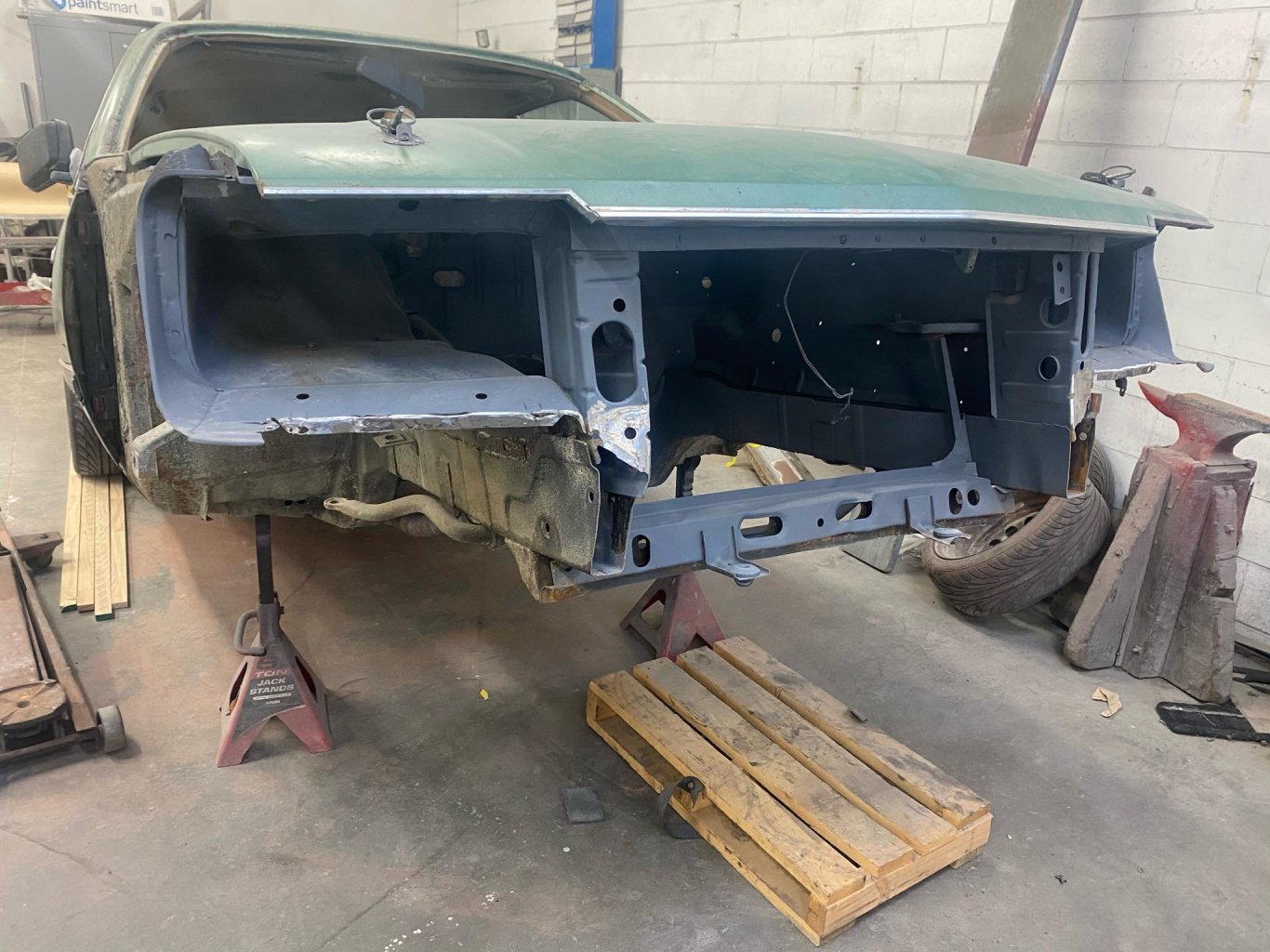
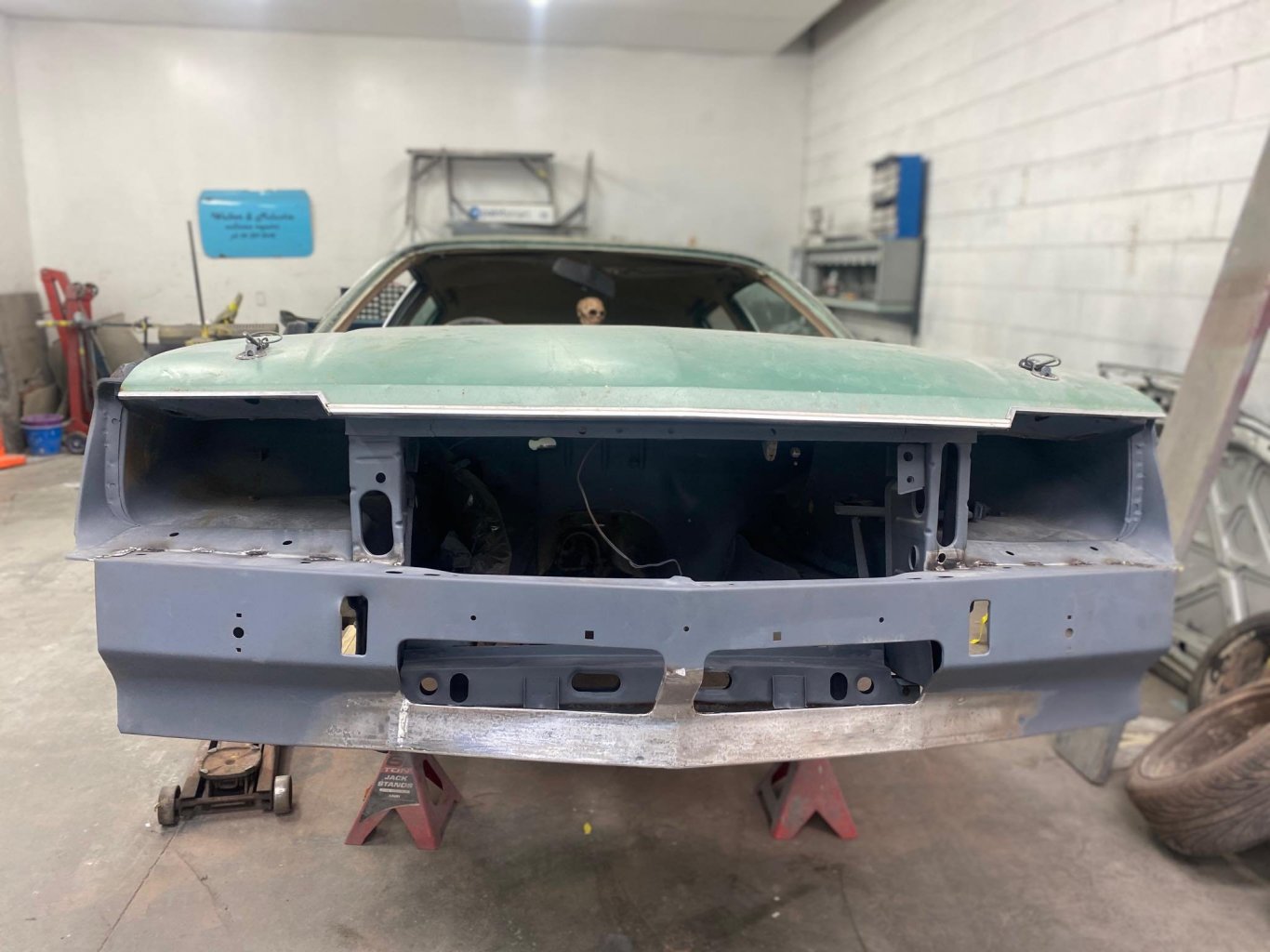
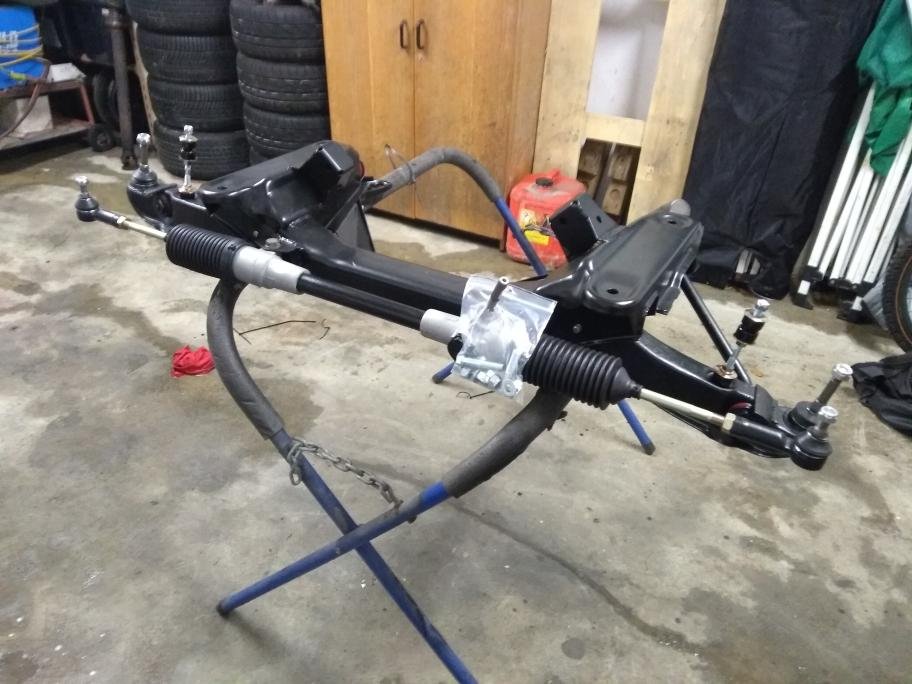
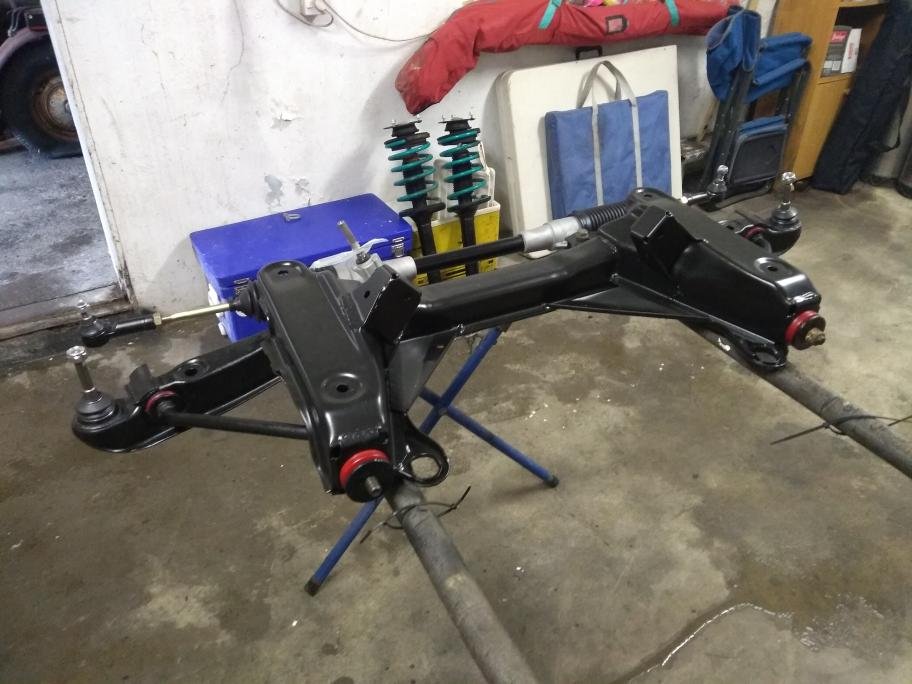
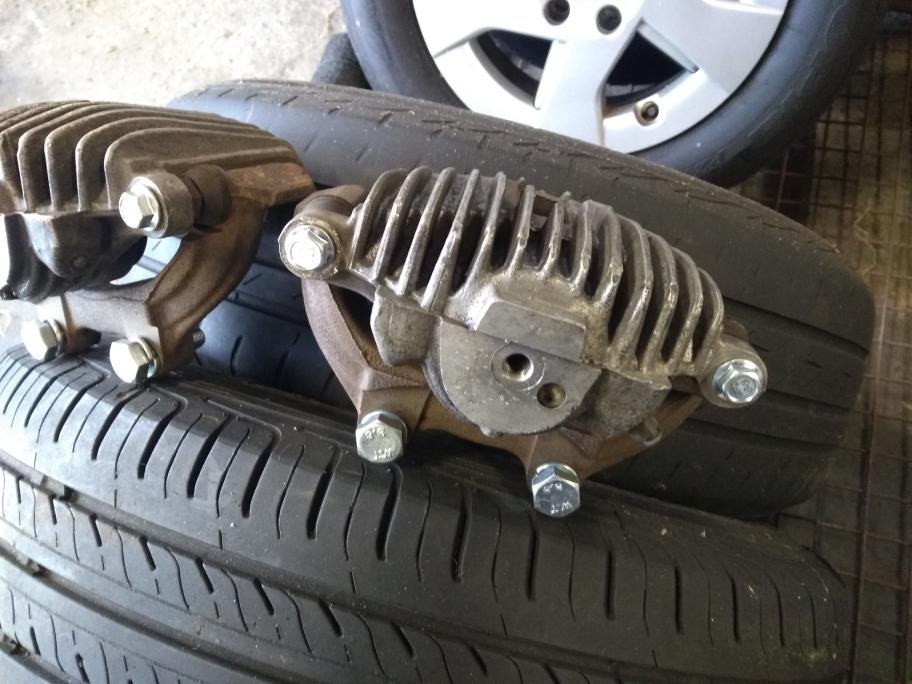

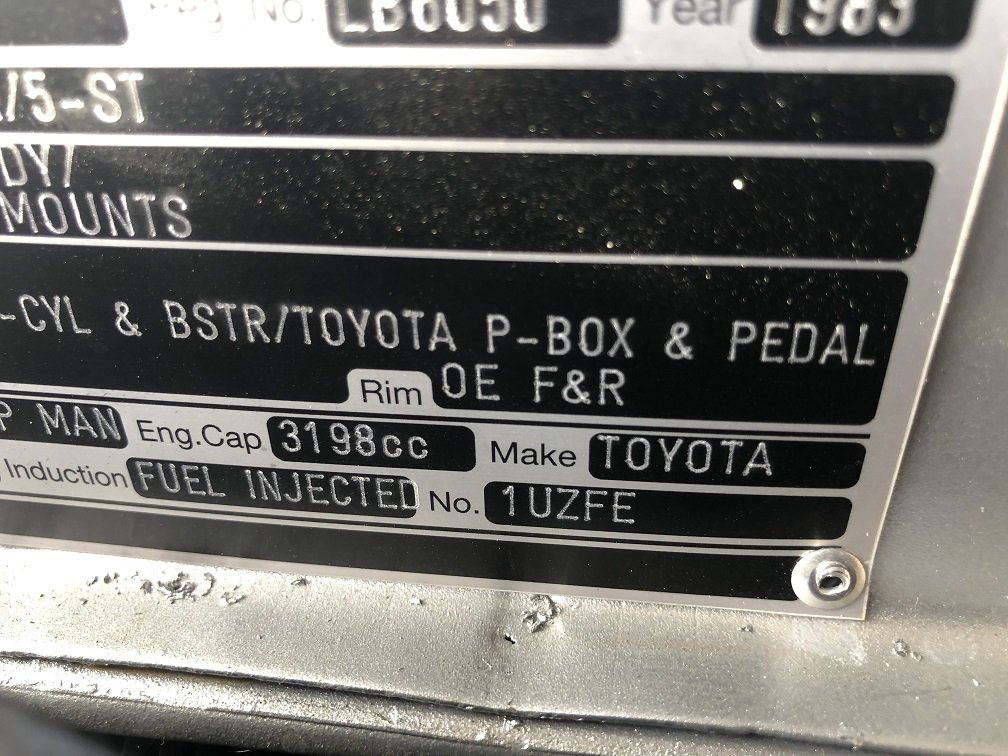



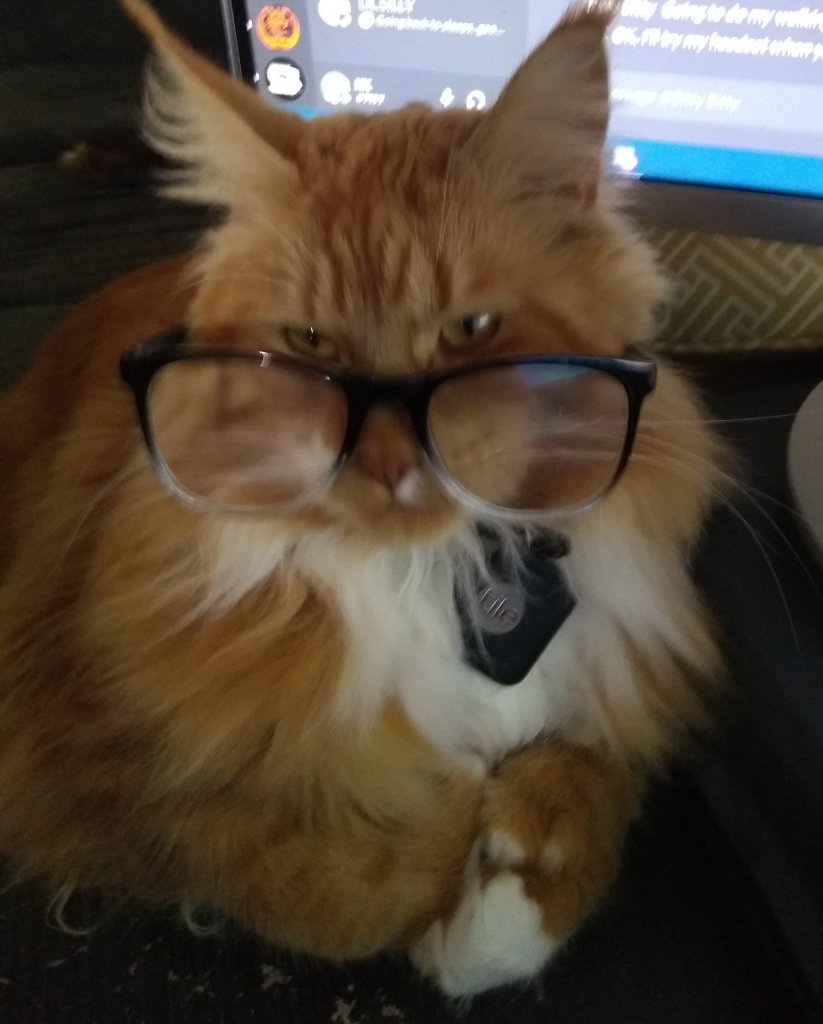
For Questions Regarding WOFs/CERTs/NUMBER PLATEs
in Tech Talk
Posted
No, unfortunately, he is about an hour and a half drive from my work. 2 hours from home.
You driving it over?